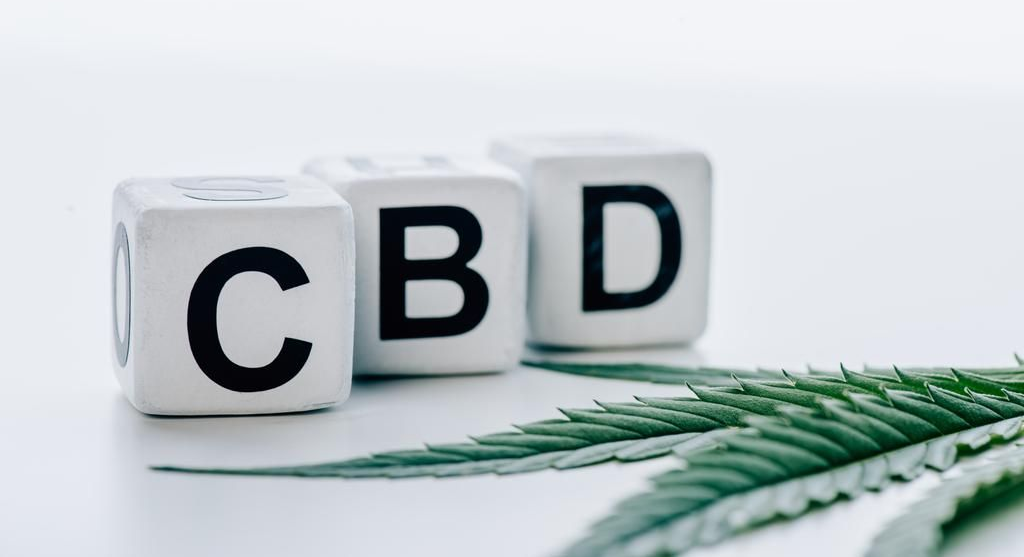A new study conducted by researchers at Suleyman Demirel University in Türkiye has found that cannabidiol (CBD), a compound derived from cannabis, may significantly enhance the effectiveness of the chemotherapy drug etoposide in treating prostate cancer.

Published in the US National Library of Medicine, the study suggests that CBD could play a vital role in improving therapeutic outcomes for patients with this common cancer.
The study focused on the effects of combining CBD with etoposide on prostate cancer cells, specifically evaluating the impact on cell growth, survival, and various cancer-related signaling pathways. The researchers found that “CBD strongly enhanced the etoposide-mediated suppression” of key factors involved in cancer progression, including androgenic signaling, angiogenic factors, and the proto-oncogene c-Myc.
According to the study’s abstract, the co-administration of CBD with etoposide “importantly suppressed autophagic flux and induced ERAD and UPR signaling in LNCaP cells,” leading to increased cancer cell death. Additionally, the combination treatment significantly reduced tumor growth, migration, and the formation of 3D tumors, while also inducing cellular senescence.
These findings indicate that CBD could serve as a promising supportive therapy in prostate cancer treatment, particularly in enhancing the effectiveness of existing chemotherapeutic agents like etoposide. However, the study’s authors emphasize the need for further large-scale research to fully understand the potential of CBD in clinical settings.
The study’s full abstract can be found below:
Abstract
Introduction: Cannabis sativa extract has been used as an herbal medicine since ancient times. It is one of the most researched extracts, especially among supportive treatments against cancer. Prostate cancer is one of the most frequently diagnosed cancer types in men worldwide and an estimated 288,300 new cases were diagnosed in 2023. Today, many advanced therapeutic approaches are used for prostate cancer, such as immunotherapy and chemotherapy, but acquired drug resistance, long-term drug usage and differentiation of cancer cells mostly restricted the efficiency of therapies. Therefore, it is thought that the use of natural products to overcome these limitations and improve the effectiveness of existing therapies may offer promising approaches. The present study focused on the investigation of the possible enhancer role of cannabidiol (CBD), which is a potent ingredient compound of Cannabis, on the chemotherapeutic agent etoposide in prostate cancer cells.
Methods: Herein, we tested the potentiator role of CBD on etoposide in prostate cancer cells by testing the cytotoxic effect, morphological alterations, apoptotic effects, autophagy, unfolded protein response (UPR) signaling, endoplasmic reticulum-associated degradation mechanism (ERAD), angiogenic and androgenic factors, and epithelial-mesenchymal transition (EMT). In addition, we examined the combined treatment of CBD and etoposide on colonial growth, migrative, invasive capability, 3D tumor formation, and cellular senescence.
Results: Our findings demonstrated that cotreatment of etoposide with CBD importantly suppressed autophagic flux and induced ERAD and UPR signaling in LNCaP cells. Also, CBD strongly enhanced the etoposide-mediated suppression of androgenic signaling, angiogenic factor VEGF-A, protooncogene c-Myc, EMT, and also induced apoptosis through activation caspase-3 and PARP-1. Moreover, coadministration markedly decreased tumorigenic properties, such as proliferative capacity, colonial growth, migration, and 3D tumor formation and also induced senescence. Altogether, our data revealed that CBD has a potent enhancer effect on etoposide-associated anticancer activities.
Conclusion: The present study suggests that the use of CBD as a supportive therapy in existing chemotherapeutic approaches may be a promising option, but this effectiveness needs to be investigated on a large scale.






